The Start programme involves local creative organisations engaging with schools to give young people access to the creative world. It operates over a three year cycle and offers workshops and chances to be an audience member. It often works as a partnership with primary schools but Nonsuch has taken on the challenge of fitting the programme with secondary school aged students. Read more about the project in our interview with project manager Cicely & on their website.
It’s important to make the arts accessible at any age and this approach of engaging secondary secondary students in a range of activity has enabled Nonsuch to:
- Research the wants and needs of teenagers across the area
- Develop artistic commissions for other creative organisations to develop their work
Those are two extra outcomes from an already fantastic project which ensures it has a wider and sustainable impact.
Nonsuch has chosen to focus their year’s programme on gender, really challenging what gender stereotyping means. The day I visited, I saw Dance Theatre company Next Door Dance with their show The Beautiful Game featuring an all-female cast and crew. The premise is simple - young girls celebrate football, they are avid players. The show explores how their love of the game was rooted in that connection a child has with a parent who takes them to see a game (or indeed participate in any shared passion).
The piece explores the emotions experienced during a football game and demonstrates how few words are needed to convey these emotions. It focusses on movement alongside spoken narrative, and there’s a moment of audience engagement which allows a great effect of a character in goal. Sort of live stop-motion animation – opening eyes on a frame, closing again, then opening on another frame. A contemporary approach that you might feel risky with a school’s teenage audience (will they play along?). But it's well received and enjoyed by the audience.
It was clear how the girls in the audience could really appreciate the story and the relateableness of the characters. The guys of the room appreciated the dance in the context of a football story - whooping, whispering and chatting excitedly afterwards. And there were definitely people who crossed over or had an opposite approach. Of course not every guy likes football and not every girl likes dance. So the blend of these things and the emotional and theatrical approach meant it had something for everyone and was inclusive. They were swept along. The very simplistic lighting and the cleverly used minimalist set allowed me to use my imagination. The musical score of the piece was vital in setting the tone. It supported the movement - hectic, sad, time stricken, all conveyed using a range of fast & slow music, some with great beats, others with a gentle progression. Often ‘controlled’ from an old style radio on stage.
The day was hosted at The Portland Centre - a community sports and leisure centre in Nottingham which is run by Notts County FC. This is a really fitting space for a sports themed show.
I also got the chance to tour the workshops which were then on offer. There were four happening concurrently and all the students had the chance to rotate around them throughout the day. They were:
- A choreography workshop
- A dance workshop
- A stop frame animation workshop
- A discussion workshop on the theme of The Beautiful Game
All the students were undertaking their Bronze Arts Award journey which provides a framework for their engagement. Much of the Arts Award covered in this day, and the work Nonsuch do in every school afterwards offers the chance to finish their Award. Having so much creative activity in a day is brilliant, but reflecting and learning from it allows the students to take away much more than just an experience - it becomes an inspiration, an aspiration and opportunity to consider how they will engage with the arts in the future.
Get Involved with Arts Award
Arts Award (What is Arts Award?) helps you to grow your talents, explore the arts, be a creative leader and get a qualification. If you’re already participating, go you! Head over to our Bronze and Gold hubs for more inspiration and support.
Join our Arts Award alumni network
We’re on the lookout for Arts Award alumni everywhere! We’re here to help support you in your next career steps and offer some useful and interesting benefits!Find out more and sign up.
Write for us
Help others like you get through their Arts Award qualification by writing about your tips and experiences. Become a Voice Contributor today.


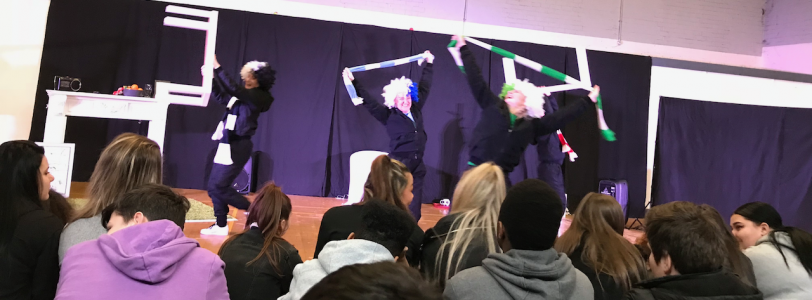
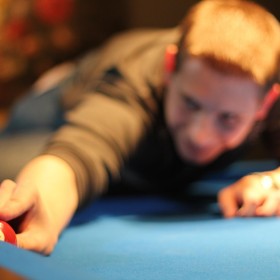
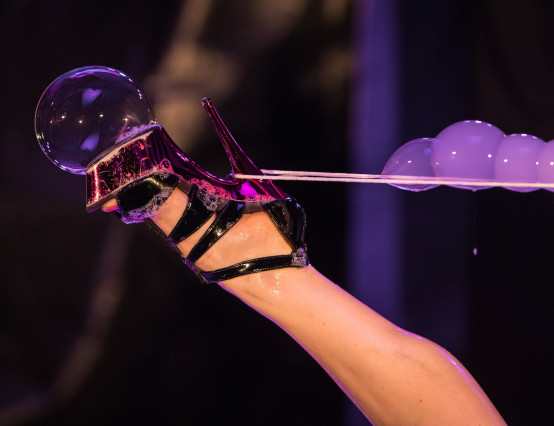


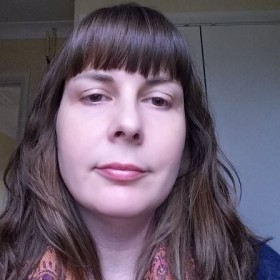

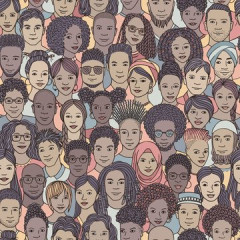
wow - sounds like a great project. Nice of the football club to host too. Good to see great themes of gender being discussed. So many other links to explore too. Is this just a Nottingham project or is it wider? Good use of the piece for Arts Awards.